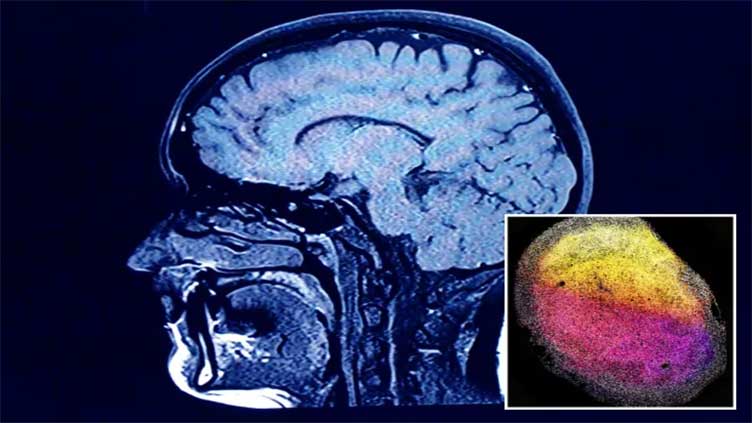For the first time, scientists have developed “mini-brains” in the laboratory from the brain tissue of a human fetus.
The tiny organoids – the size of a grain of rice – mimic how full-sized brains work and offer “exciting” possibilities for new treatments, Dutch researchers said.
It will allow researchers to study how the brain develops, which could help with diseases and conditions related to brain development – including deadly brain tumors.
Professor Hans Clevers from the Hubrecht Institute said: “With our study, we are making a significant contribution to the field of organoid and brain research.
“Until now, we have been able to derive organoids from most human organs, but not from the brain – it is really exciting that we have now been able to jump this hurdle as well.”
About 16,000 Britons are diagnosed with a brain tumor each year, of which around 2,400 die.
Current treatments include surgery, radiotherapy and chemotherapy, but scientists are always looking for new developments that could lead to breakthrough drugs.
Scientists first developed human gut organoids in 2011 and since then “it’s great to see the technology really take off”, Professor Clevers said.
He said: “Organoids have since been developed for almost every tissue in the human body, healthy and diseased – including a growing number of childhood tumours.”
The latest development, published in Cell, marks the world’s first development of brain organoids from human tissue.
Scientists used small pieces of fetal brain tissue – grown in the womb – to create the mini-organs.
This was different from how they developed other mini-organs, such as the intestine, which used single cells instead.
They found that pieces of fetal brain tissue were able to “self-organize” into organoids.
The organoids retained the characteristics of the part of the brain from which the tissue came.
Dr Delilah Hendriks from the Princess Maxima Center said: “These organoids may offer new insights into what shapes different areas of the brain.
“We hope to learn from the models to decode the complexity of the human brain.”
She added: “The ability to continuously grow and use brain organoids from fetal tissue also means that we can learn as much as possible from such a rare material.
“We are excited to explore the use of these new tissue organoids for new discoveries about the human brain.”







